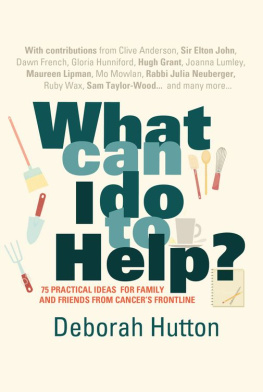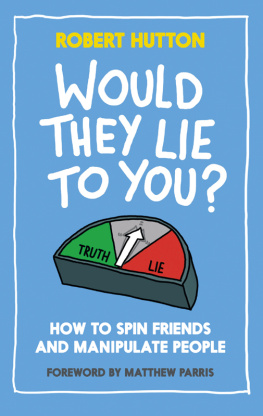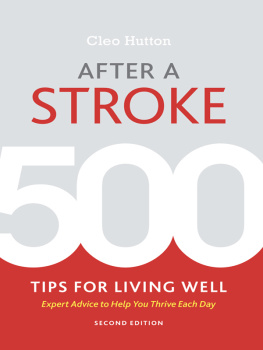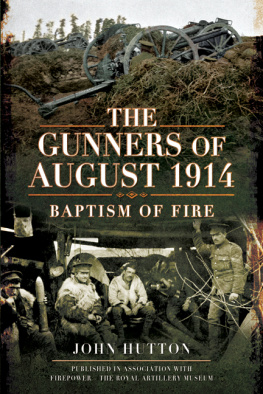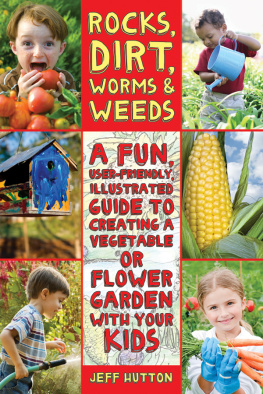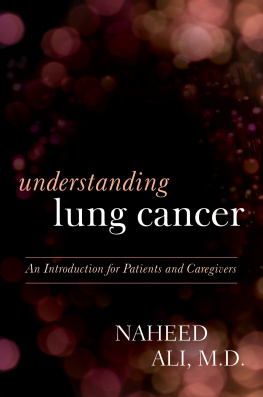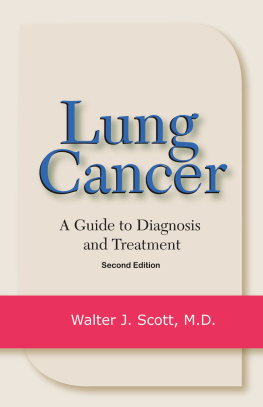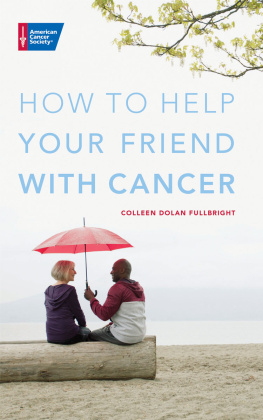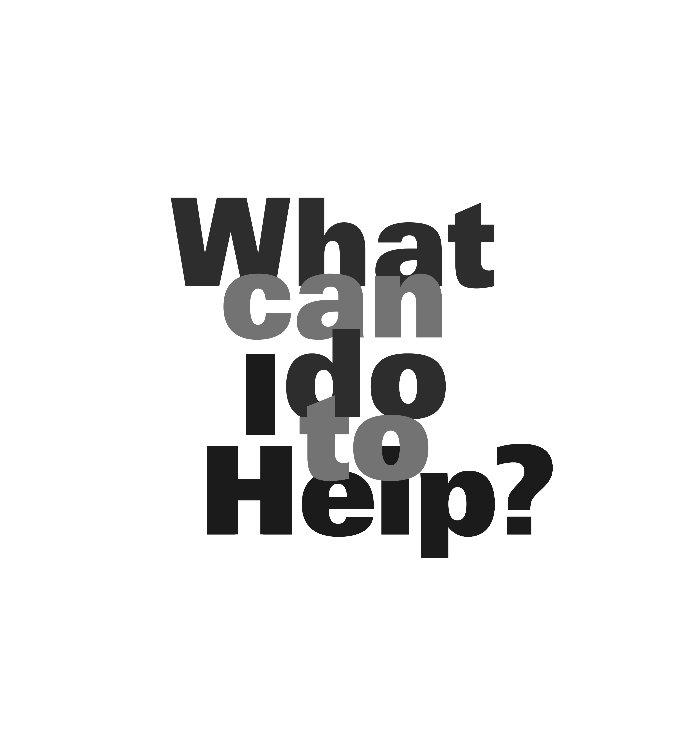Books like this are never the work of just one person. First and foremost , thanks to those, known and not so well known, who generously contributed their insights and experiences. Big thanks too to Clare Alexander, Paris Back, Maggie Bisset, Sarah Caplin, P and Martin Fiennes, Gill Haines, Marianna Falconer, Rebecca Nicolson at Short Books, who ran with the idea from its inception, Demelza Short and the 18 Highbury Colander Girls, Helen Simpson, Jennifer Thompson and, last but not least, my fabulous family Charlie, already known throughout north London as the sainted one, and my four children who, showing a maturity beyond their years, put their own needs aside at the toughest of times and allowed this project to take precedence.
When we first had the idea of approaching high-profile names and asking them to contribute examples for the book, it was not without reservations. My experience as a journalist had taught me that approaching such people is generally a heart-sinking round of put-offs , prevarications and flat refusals. Not so in this case. In 2005, cancer may still be the disease that cannot speak its name, but it is also the great leveller cutting across divisions of class, income, status and success and, sadly, so ubiquitous that few peoples lives are untouched by it. Almost without exception, those we approached gave their time and reminiscences not only with great open- heartedness but with touching concern for my own welfare. They were
Clive Anderson, Tony Benn, Cherie Blair, Alastair Campbell, Richard Chartres (the Bishop of London), Sir Colin Davis, Monty Don, Lord Falconer (the Lord Chancellor), Dawn French, Duncan Goodhew, Jade Goody, Hugh Grant, Loyd Grossman, Patricia Hodge, Nicola and Alice Horlick, Gloria Hunniford, Sir Elton John, Felicity Kendal, Tessa Jowell, Maureen Lipman, Joanna Lumley, Miriam Margolyes, Mo Mowlam, Rabbi Julia Neuberger, Esther Rantzen, Corin Redgrave, Anne Robinson, Gaby Roslin, Nick Ross, Nigel Slater, Jon Snow, Ruby Wax, Bob Wilson and Sam Taylor-Wood.
Contents
I count myself the luckiest and unluckiest woman in London. The luckiest because I have a great husband, a fabulous family with kids on track and growing up, a beautiful house, more friends than I deserve and as much interesting work as I want. This time a year ago, Id put the dog on the lead and walk over to the local shops in the sunshine marvelling at my own good fortune, thinking I wouldnt swap places with anyone in the world.
Then, at a stroke, this lovely run of luck ran out. On 26 November 2004, at the age of just 49 and a half, which my kids think is ancient but seems pretty young to me, I discovered that the irritating, niggly cough I had had for the past two months was no trivial chest infection but an aggressive adenocarcinoma that had already spread well beyond the organ of origin my lungs to my bones, lymph nodes and possibly my liver as well.
The irony of my situation was apparent to everyone who knew me. I was the healthiest woman on the block: never ill, never down, a runner of half-marathons, and a yoga freak and nutrition nut to boot. I knew how to look after myself big time. After all, it was my job. I had been writing about womens health for more than a quarter of a century, first as health editor of Vogue and then for a range of glossy magazines and newspapers . I was the published author of not one but four books about preventive health. Since giving up smoking 23 years ago, I had joined the ranks of those fanatically intolerant antis-moking ex-smokers. And yet here I now was struck down by lung cancer, with its serves-you-right stigma.
Faced with the facts of my unenviable situation, it was hard not to feel incredulous. I looked like a well woman and with the exception of the cough, and the recurrent one-sided headaches, and the pain in my left hip, and the three-quarters of a stone that had unaccountably tumbled off since September, I felt a well woman. How could I have a stage IV cancer that, even now, was racing round my body, invading my vital organs, threatening to kill me? And quite soon by all accounts. Dont look up your cancer on the internet , my consultant warned me just before backing out of my side-room at University College Hospital. Youll only terrify yourself. I didnt, but even so it didnt take long to find out that in the distinctly unwonderful world of advanced cancer, stage IV is as bad as it gets. There is no stage V.
It was the worst of all news as bad as it can get, confirmed the nurse at the Middlesex Hospital who rang to inform me that the CT scan had revealed mets (= metastases = spread) in my liver. Was there anywhere that this cancer wasnt? And yet, though I was reeling from the discovery that few of my vital organs seemed to be free of this thing, I didnt feel my luck had entirely run out. Even then, I continued to count myself fortunate . How so?
Well, I had the highest level of support imaginable. I would look at my companions in the Middlesex chemo suite, alone and unsupported, undergoing their notoriously tough treatments and then having to find their own way home at the end of them, and I felt extraordinarily blessed. I happen to be married to one of the most remarkable men on the planet the kindest, funniest, most generous, emotionally intelligent human being in existence, who seems to have been assembled (correctly!) from a New Man catalogue and who makes me laugh more than anyone else I know. We have four gorgeous and exceptionally warm-hearted children, aged eight, 11, 14 and 17 on the day of diagnosis. Fanning out from there, in both directions, we are lucky enough to have large close-knit families , including in my case a twin sister, non-identical, who dropped everything immediately and raced up to be with me.
Add a world-class network of friends and neighbours, who were determined from the outset to save me so much as a second of unnecessary stress or strain, and Marvellous Maggie, the palliative care nurse who was allocated to me following my very first clinic appointment. From the outset, she has taken my welfare, physical and emotional, to heart, regularly ringing me, always prefacing her call with Is this a good time?, organising my pain relief, coming to see me and, in her calm, reassuring tones, answering all my questions as well as those of my children , whom she has also taken under her wing. Factor in all of this, and you will see that I was actually in the worlds best possible position to receive the worlds worst possible news.
Before the week was out, for example, a supper rota had been set up by one mover and shaker in our north London street, sparing me the hassle of thinking or planning or shopping or cooking for my family. Knowing how quickly the best intentions can dissolve in the face of the demands of a busy life all these women, whom I have taken to calling the Colander Girls, have families to raise, and most have jobs to juggle, too it amazes me that, six months on, they are still dishing up their delicacies and that more are requesting to join the rota every month. At the time of writing, they now number 18.
Back then, the idea was inspired. If I was in shock, and quite unable to know what to do or where to turn, my friends and family were too. Shocked, devastated, numb, disbelieving these were the adjectives that came up again and again in the avalanche of letters and cards arriving by every post, the flowers and gifts and phone calls we received at all hours of the day, every day. While this outpouring of love and concern was wonderfully uplifting, it was also bone-crushingly wearying. In fact, it soon became clear that if the cancer didnt finish me off sharpish, the telephone most certainly would. It rang and rang until we almost started hearing it in our sleep.

